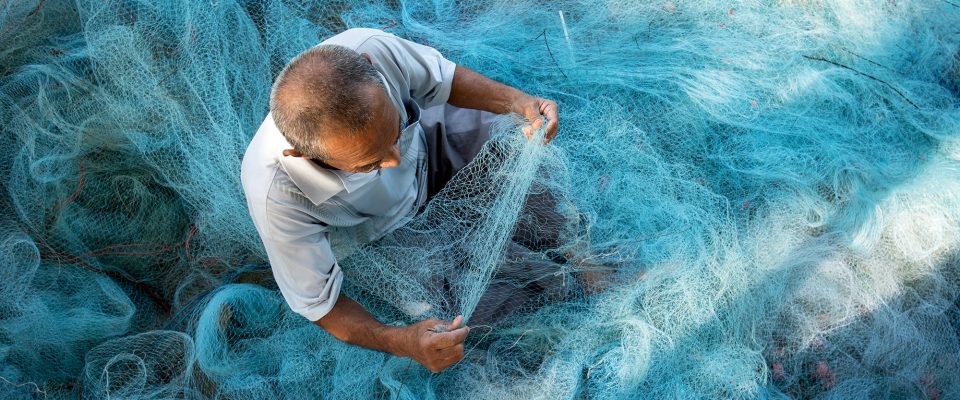Key finding
Complexity of seafood operations and supply chains increases environmental and social risks

How do seafood companies keep control?
Our research showed that generally, the control and oversight of operations and supply chains is inadequate. The result is insufficient implementation and compliance of corporate-wide policies. The complexity and diversity of company business structures and activities across operations, subsidiaries and supply chains impacts the industry’s performance. This increases environmental and social risks.
The larger companies and conglomerates, including Marubeni Corporation, Mitsubishi Corporation and Dongwon Enterprise, have a huge number of subsidiaries. These have differing levels of ownership, autonomy and business models. The seafood operations are often a comparatively small part of their overall business portfolio. Similarly, some of the largest seafood companies, such as Maruha Nichiro and Nissui, have large networks of subsidiaries across different continents. For many companies in this industry, the relationship between the parent company and their major subsidiaries is unclear. This makes it very difficult to implement a group-wide sustainability strategy.
